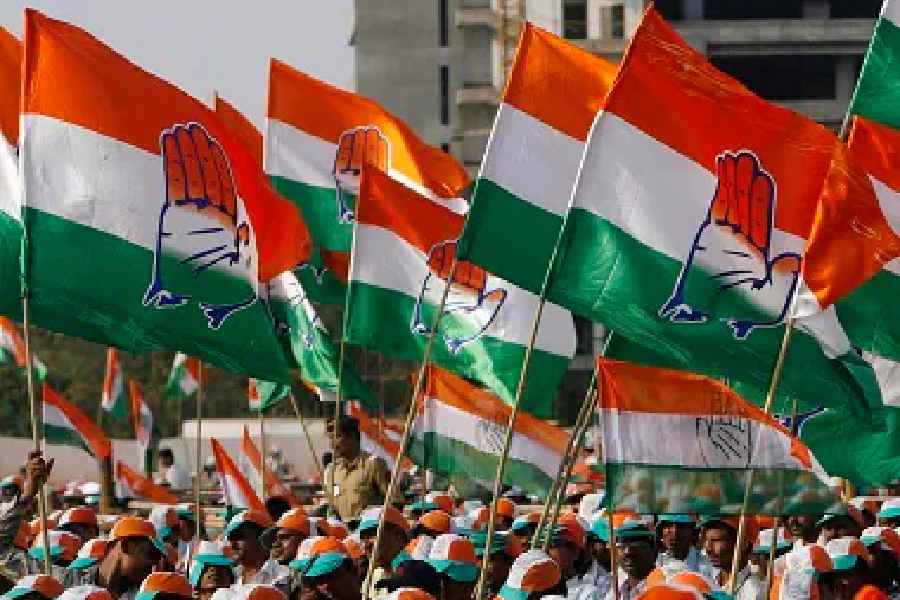The Congress has expressed apprehensions over the “dilution” of the powers of the Lokayukta in Kerala after the presidential nod for a bill, although the state government saw it as a setback for the governor who sat on it for too long before sending it to the President.
While the ruling Left Democratic Front welcomed the decision of the President, who has signed the Kerala Lokayukta (Amendment) Bill 2022 referred to her by governor Arif Mohammed Khan in November, the Congress cited the assent as a consequence of the “secret understanding” between the CPM and the BJP.
The amendment to Section 14 of the Kerala Lokayukta Act, 1999, makes the Lokayukta’s orders not binding on the state government.
Congress Lok Sabha member K. Muraleedharan alleged that the presidential assent “clearly shows the understanding (between the CPM and the BJP) since it is the central government that recommends (the clearing of bills) to the President”.
Law minister P. Rajeev termed it a victory of the Constitution and said the governor should have signed the bill soon after it was passed by the Assembly.
The Kerala government had moved the Supreme Court after the governor refused to clear eight bills. A three-member bench headed by Chief Justice D.Y. Chandrachud had asked what the governor was doing for two years without clearing these bills.
Days after the Supreme Court’s strong observations against sitting on bills, Khan referred seven of the bills to the President, apparently to frustrate the state government. He gave his assent only to the Kerala Public Health Bill.
The amended Section 14 of the Lokayukta bill reads: “Where the competent authority is the Governor, or the Chief Minister or the Government of Kerala, he or it may either accept or reject the declaration, after giving an opportunity of being heard.”
It replaced Section 14 in the earlier law that states: “Where the competent authority is the Governor, the Government of Kerala or the Chief Minister, he or it shall accept
the declaration.”
Congress leader Ramesh Chennithala on Thursday said “the amendment can only be seen as one that would slaughter the (Lokayukta) law enacted to prevent corruption”.











